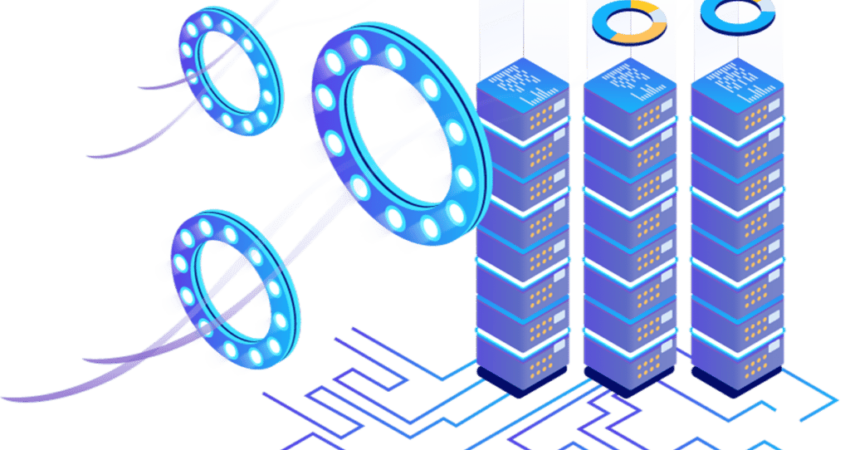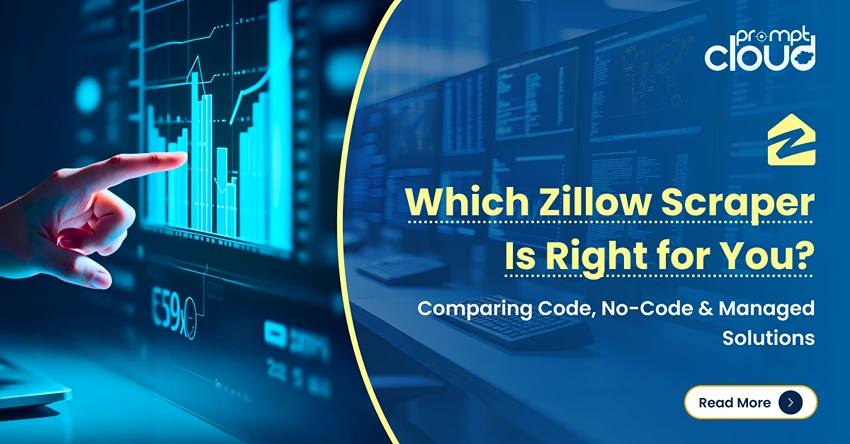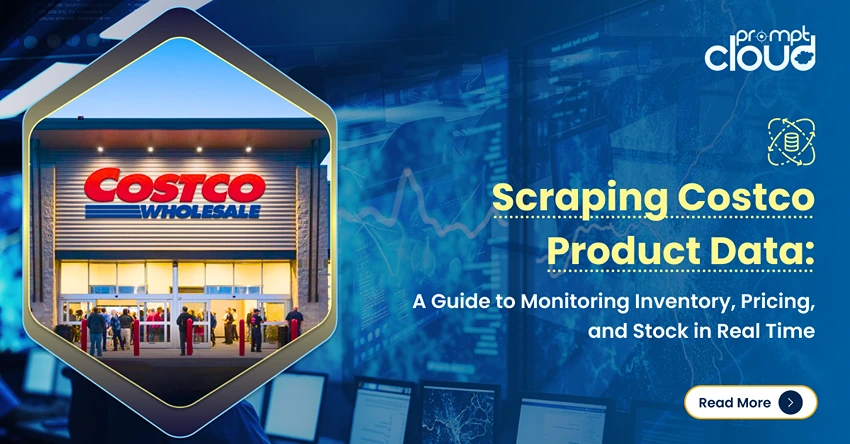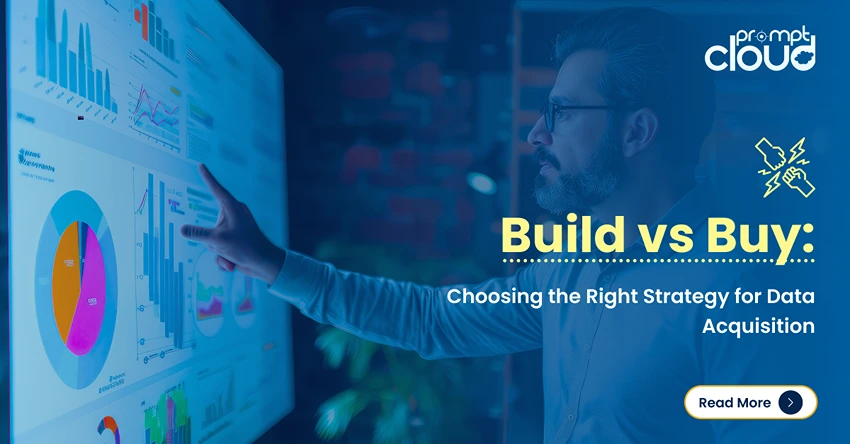
With 2 billion websites and counting, the internet is the largest database planet Earth has ever seen. With a nearly limitless amount of data at your fingertips, the question is no longer “does this information exist?”, but rather “how can I get it?” Identifying the data you need is important, but it’s only half the battle. Gathering the information can be difficult, expensive, and time-consuming, that’s where Professional Web Scraping Software comes in.
Web scraping, also known as data scraping or data harvesting is a technique designed to automate the extraction of information from the internet. Professional Web Scraping Software is used to locate and collect targeted data (in the form of text, images, or downloaded files) and transform it into a manageable form. Data scraping simplifies the process of acquiring information at scale and allows you to take only what you need, without spending hours manually reviewing sites, locating data fields, or manually copying information. Manual web scraping can be challenging in some cases, but it becomes easy when businesses hire developers.
Why Web Scraping Software?
There are three general approaches to Professional Web Scraping Software data extraction:
- Manually collect data from your target site(s)
- Hire developers to write custom scripts
- Use web scraping software
Manual data collection is only effective for very small projects, and it’s time-consuming and mind-numbing work; since it relies on human inputs, this method can also lead to costly input errors. Enlisting an engineer to write custom scripts can generate good data, but this approach is expensive, slow, and requires scripts to be constantly rewritten for new projects.
For many organizations, web scraping software is the approach that makes the most sense. It’s a fast and cost-effective solution that stands out in a few key areas:
Good web scraping software allows users to identify, extract, and export data with minimal technical expertise. A user interface allows non-developers to manage the data collection process from start to finish and tailor their data collection project without having to write code.
Built-in features: Web scraping software comes with tools that help you overcome the challenges of an ever-changing internet. Features like geolocation and cookie storage make it simple to gather data from complex sites.
Data integration: Data can’t do much in a silo. Some web scraping software allows you to plug your collected web data directly into other digital tools – from CRMs to data wrangling and visualization suites.
Value: Web scraping is an inexpensive way to accumulate data for organizations of every shape and size. It minimizes both the time and training needed to execute effective data collection projects.
How Can this Information be Beneficial to Every Industry?
There are almost as many web scraping projects as there are pages on the internet, but some use cases are more common than others. Here are four typical applications for web scraping:
#1: Retail
In the competitive world of retail, it should come as no surprise that every business has to be informed about competitor’s prices and products 24 hours a day, 7 days a week. Being informed about new discounts or products keeps retailers on the competitive cutting edge and empowers quick, strategic decision making.
#2: Travel
With the rise of the low-cost flights and new destinations being added every day, travel companies need to keep tabs on their competitors. Travel companies also use web scraping to track reviews and traveler feedback so they can respond to issues and adapt to customer needs on the fly.
#3: Real estate
Real estate markets are highly dynamic, which can make it difficult for agents and organizations to stay up to date. Leaders in the real estate industry utilize web scraping to monitor price index changes, competitor listings, and market statistics. Web scraping is ideal for extracting multiple data fields (think time-on-market, price changes, square footage, etc.) from property listing sites like Zillow and Homie.
#4: Journalism and academic research
In the age of misinformation, it’s more important than ever that journalists and researchers have access to accurate data. Web scraping reduces the time required to compile statistics, catalog secondary sources, and extract large data sets for further analysis, so writers and researchers can spend more time vetting sources and creating impactful content.
What all these cases have in common is that they all require large amounts of crucial data obtained from limited sources for the purpose of analyzing the relevant industry and drawing the necessary conclusions. No matter where you work or what your project entails, the ability to leverage web data can increase efficiency, fuel growth, and provide the “secret sauce” needed to stay ahead of the competition.



















